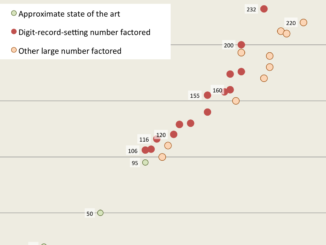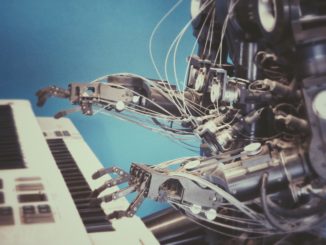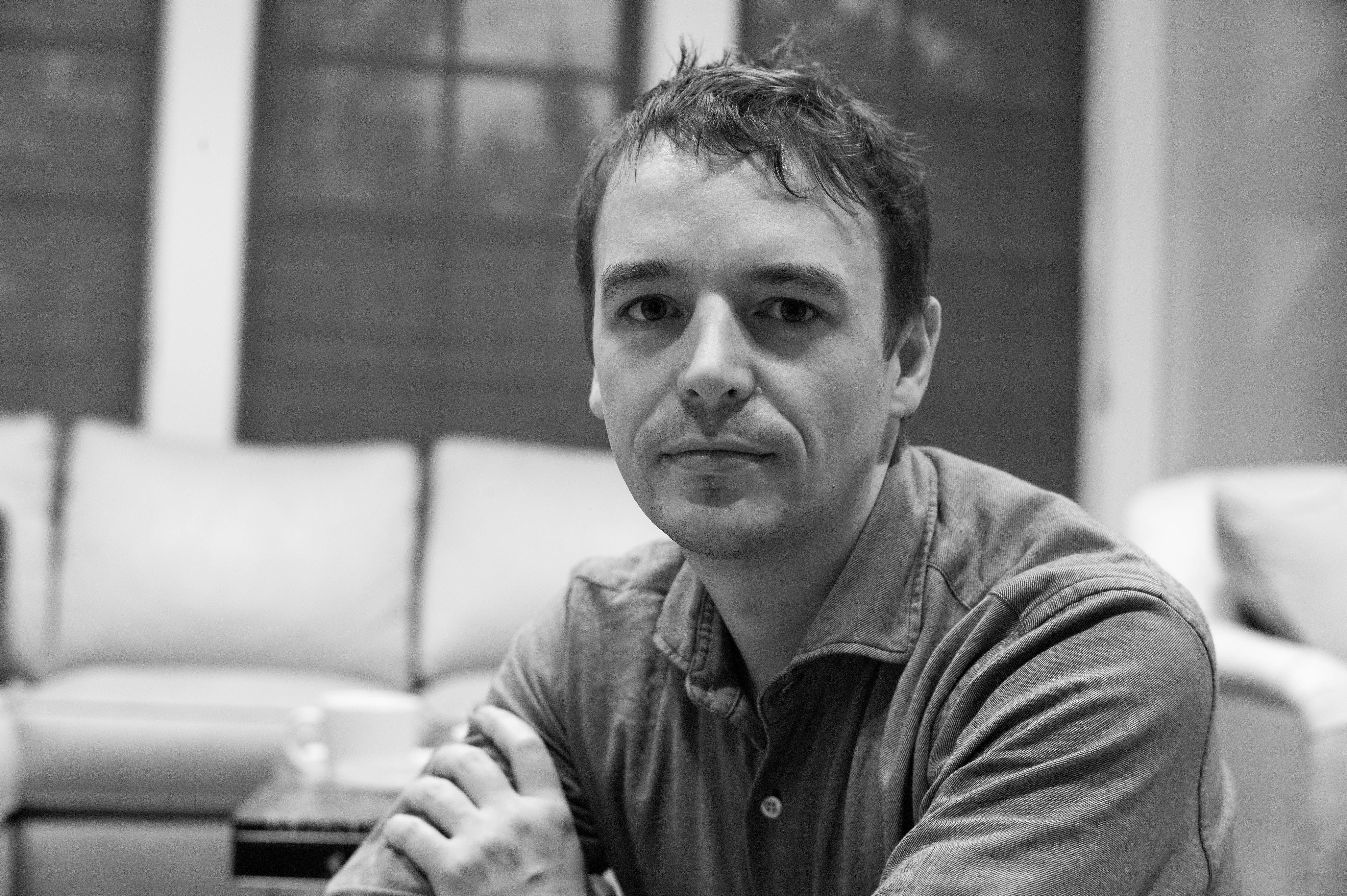
Articles by Katja Grace

AI Timelines

AI Inputs

AI Timelines

Blog

AI Inputs

AI Timeline Surveys

AI Timeline Surveys

Blog

Blog

AI Timelines